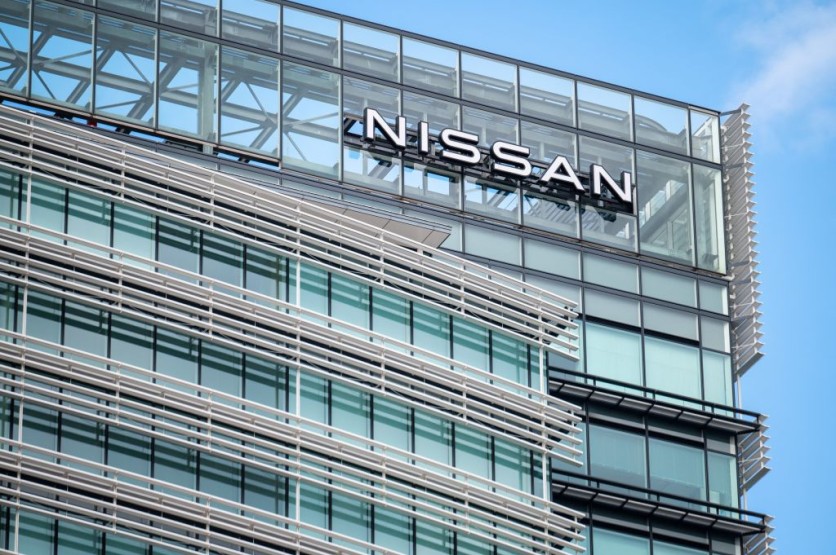Nissan reportedly plans to commit hundreds of millions of pounds to a project to produce electric versions of its Juke and Qashqai, two of the company's best-selling crossovers, manufactured in its UK Sunderland Factory.
Electrek reports that Nissan intends to invest "hundreds of millions of pounds" and perhaps more than £1 billion ($1.25 billion) on the project, which will be announced this Friday, Nov. 24.

According to Financial Times, the company's choice to produce electric replacements for its existing Qashqai and Juke models has been supported by financial backing from the British government worth hundreds of millions of pounds, although Sky News reports that it was unclear whether taxpayers would supply any cash upfront.
The official announcement for the project will reportedly be led by Nissan's CEO Makoto Uchida on Friday, wherein Prime Minister Rishi Sunak will be in attendance.
According to Electrek, Nissan's Qashqai was the best-selling car in the United Kingdom last year, becoming the first British-made model to do so in 24 years. Last year, almost 42,700 models were handed over in the United Kingdom.
Electric Vehicle Expansions in the UK
Nissan's unveiling of the two models aligns with the company's goal of selling entirely electric vehicles in Europe by the end of the decade, as Nissan has previously announced that all new Nissan models from now to be all-electric in Europe.
Uchida stated in September during a visit to the United Kingdom that the world "needs to move on" from combustion engines following the British government's decision to postpone the phaseout of petrol car sales from 2030 to 2035.
Car manufacturers have already spent billions of dollars converting their models and supply lines to electric vehicles, as per a report by the Guardian.
Ford and Vauxhall owner Stellantis aspire to go all-electric in Europe by 2030, while Volvo intends to sell solely EVs globally by then. Traditional automakers are scrambling to catch up to electric experts like Tesla.
While Toyota has yet to announce any new electric vehicle models, the Japanese giant has reportedly teased Several EV designs, including a sports car, pickup truck, and land cruiser.
Worries for Nissan's Sunderland Factory
Nissan currently produces petrol Qashqai and Juke models at the Sunderland facility, and the decision to produce electric successors there should erase any remaining ambiguity over the plant's future.
In 2019, the business announced that it would no longer produce the X-Trail in the North East, adding to the industry's pessimism at the moment.
Three years later, it announced the closure of a section of its massive Sunderland facility dedicated to producing cylinder heads for Renault combustion engines.
Nissan's Sunderland facility employs 6,000 people, accounting for the vast majority of the company's British workforce, and at the location, it already manufactures the short-range electric Leaf model.
Workers within the Sunderland facility are now said to be essential due to their capability to produce a staggering number of Nissan vehicles each year, as per a Topgear report.
The Sunderland factory is reportedly the center of Nissan's EV36Zero, the company's initiative towards an electric car ecosystem and zero-emission motoring.
Nissan and its battery provider AESC announced a £1 billion investment in the Sunderland factory back in 2021.
Related Article : Kia America Unveils New EV Models at the 2023 Los Angeles Auto Show

ⓒ 2025 TECHTIMES.com All rights reserved. Do not reproduce without permission.




